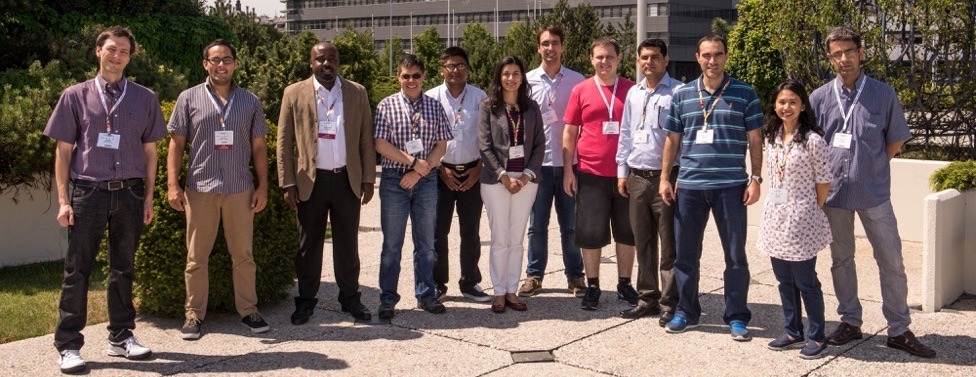One of the overarching goals of our work is to “prepare the world’s next generation of leaders to address challenges in Internet technology, business, policy, and education”. That being said, I must say that the former participants in the ‘Fellows to IETF’ and ‘IGF Ambassadors’ programmes never cease to amaze me. These individuals are actively involved in their local and regional communities, and in many instances globally, where they are creating recognizable value in diverse areas such as policy, technical standards, infrastructure and access, human rights, cybersecurity, academia, and numerous others. They are in effect actualizing the stated objectives of the programme.
Given the success of our leadership development initiatives, one must ask the question: Are there key factors that are instrumental in continuously developing productive, engaged, and high-performing leaders?
The answer is a clear “Yes”. First and foremost, it should not be assumed that there is any single collection of systems, processes and techniques that are the right way to do things. That means that our focus is not on best practices, but instead on next practices. We don’t seek to train leaders — we coach them, mentor them, foster open dialog, engender trust, and develop them. This approach is nuanced, contextual, cooperative, flexible, and above all else, action-oriented.
Additionally, our programmes are ever-changing with underlying focuses on:
- People as opposed to processes
- Future needs
- Maximizing potential
- Transformational outcomes
- Personal and professional growth
- Equipping instead of educating
- Catalyzing innovation
- Enriching culture
- Emphasizing performance
- Expanding influence
- Thinking ‘outside the box’
We cannot expect to have an Internet that is growing and evolving if its leaders are not.
As part of the organization’s ongoing commitment to fostering Next Generation Leaders, the Internet Society is very pleased to also partner with CGI.br to send, for the first time, 73 Youth Ambassadors to the Internet Governance Forum (IGF) in Brazil in November. These individuals, as part of their preparatory work, completed a customized Internet Governance course in English, Spanish or Portuguese. More information about the Youth@IGF programme can be found on the IGF 2015 site.
In conclusion, we would like to congratulate the successful candidates for the Fellowship to IETF 94 and the Ambassadors to IGF 2015.
We are looking forward to working with them before, during, and after the events.
Image credit: a photo from Niel Harper of the IETF 93 Fellows in Prague in July 2015.
